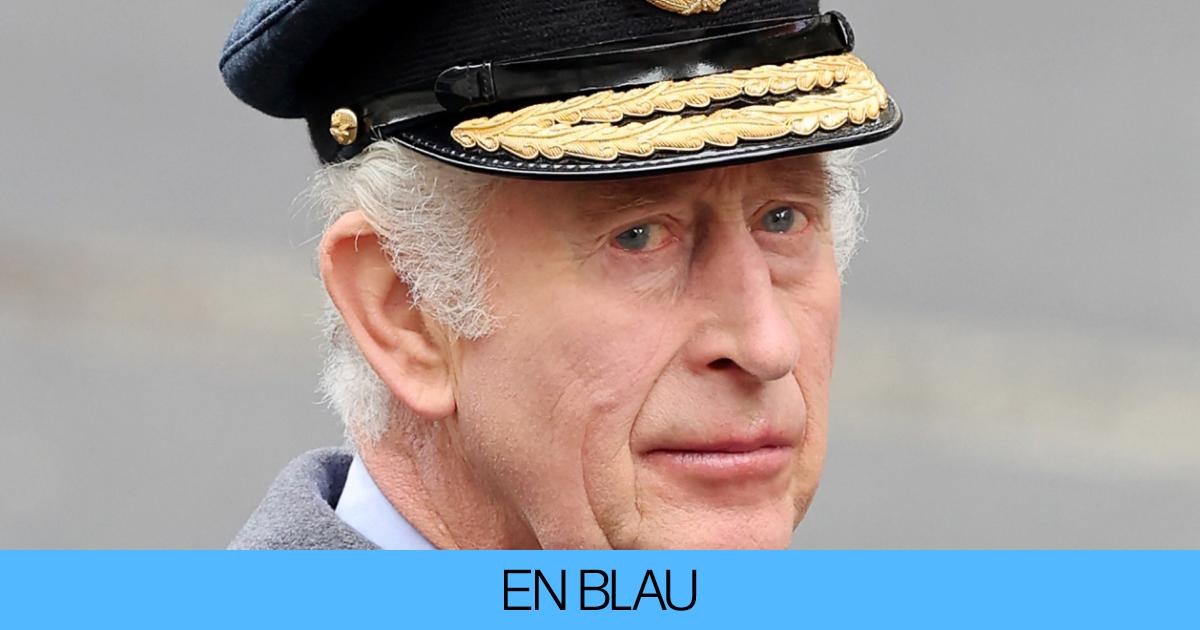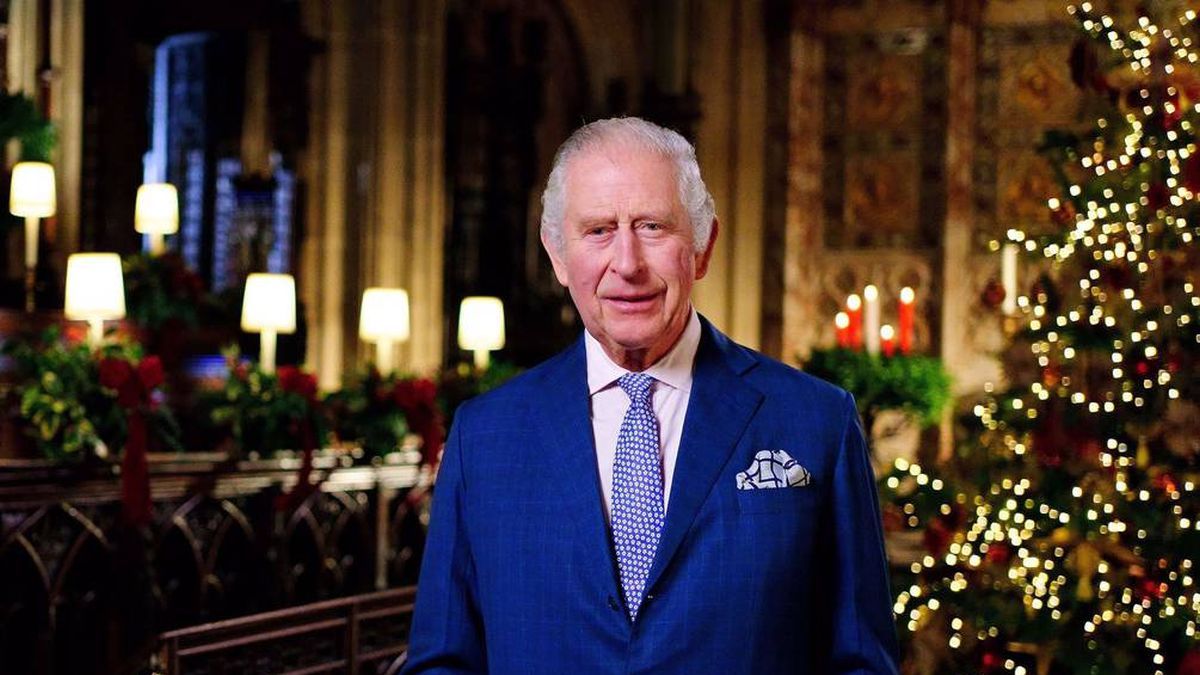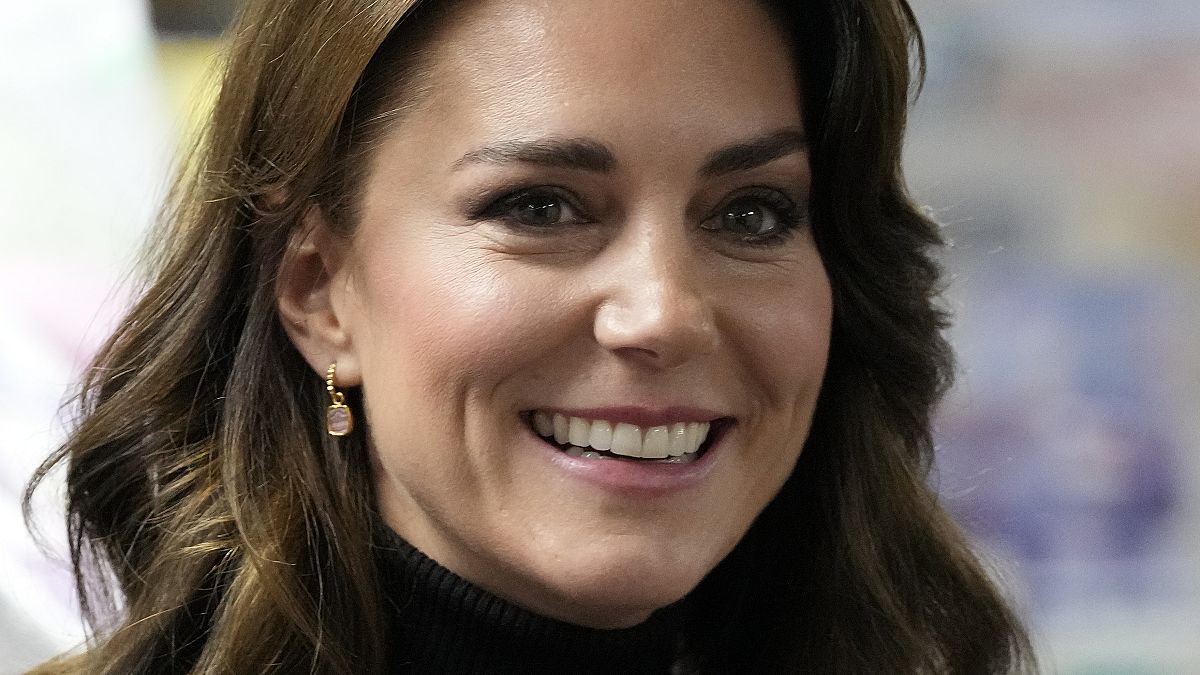The health of England’s king, Charles III, has been the subject of concern and speculation across England since he announced his cancer diagnosis on February 5.. At the age of 75, the king was experiencing rapid decline in health, so the British monarchy had to prepare for what could be fatal consequences.
This worrying scenario certainly has similarities to King George III’s health crisis in the early 19th century. And, like his predecessors, Charles III had been the focus of medical bulletins seeking to maintain calm in England. Recall that the king was hospitalized in January to undergo surgery for a benign disease of the prostate, pBut it was later revealed that he was also battling unrelated cancer, and began treatment a few days later without providing further details about his condition.
Uncertainty about the type of tumor he had, its severity and how to treat it further fueled speculation. Despite initial reports from the Royal Family that the king’s cancer had been detected in time, sources close to the Palace argued that these statements were not entirely accurate. Some argue that the information was initially shared to prevent panic in England and maintain the stability of the monarchy. However, despite efforts to maintain an image of strength in the face of diagnosis, the harsh reality is that the disease has progressed and spread, to the point of irreversibility. This gloomy view is known to all members of the Royal Family, including his own son, Harry, as well as his closest friends and political representatives in the UK.
Preparations for the continuation of the monarchy
As Charles III’s illness progressed, It is possible that his son, William, will be made prince regent if the king is declared incapable of running state affairs. This act, set out in British law, would ensure the survival of the monarchy in times of crisis. In addition, “Operation Menai Bridge” was activated, a protocol designed to regulate transitions and protocols after the king’s death. In fact, following the example of his parents, Philip of Edinburgh and Elizabeth II, King Charles III personally oversaw the details of his own funeral, opting for a more intimate and simple ceremony compared to his mother’s extravagant funeral.
Race against time
The urgency of the funeral protocol reflects an awareness of the limited time remaining for the king. Despite having received various medical treatments, including alternative medicine, The reality is that this disease has reached the point of no cure. For the Royal Family, facing the reality of Charles III’s terminal illness was an emotional and logistical challenge. As the king prepared for his inevitable end, they focused on providing him with the best comfort and quality of life during his final days.

“Internet trailblazer. Troublemaker. Passionate alcohol lover. Beer advocate. Zombie ninja.”






/cloudfront-us-east-1.images.arcpublishing.com/eluniverso/FTEC73B3HFHWHOUJFHJPCYHHY4.jpg)
:quality(85)/cloudfront-us-east-1.images.arcpublishing.com/infobae/3FBT6VVNRDO6XEXJQM5YMGSWSU.jpg)